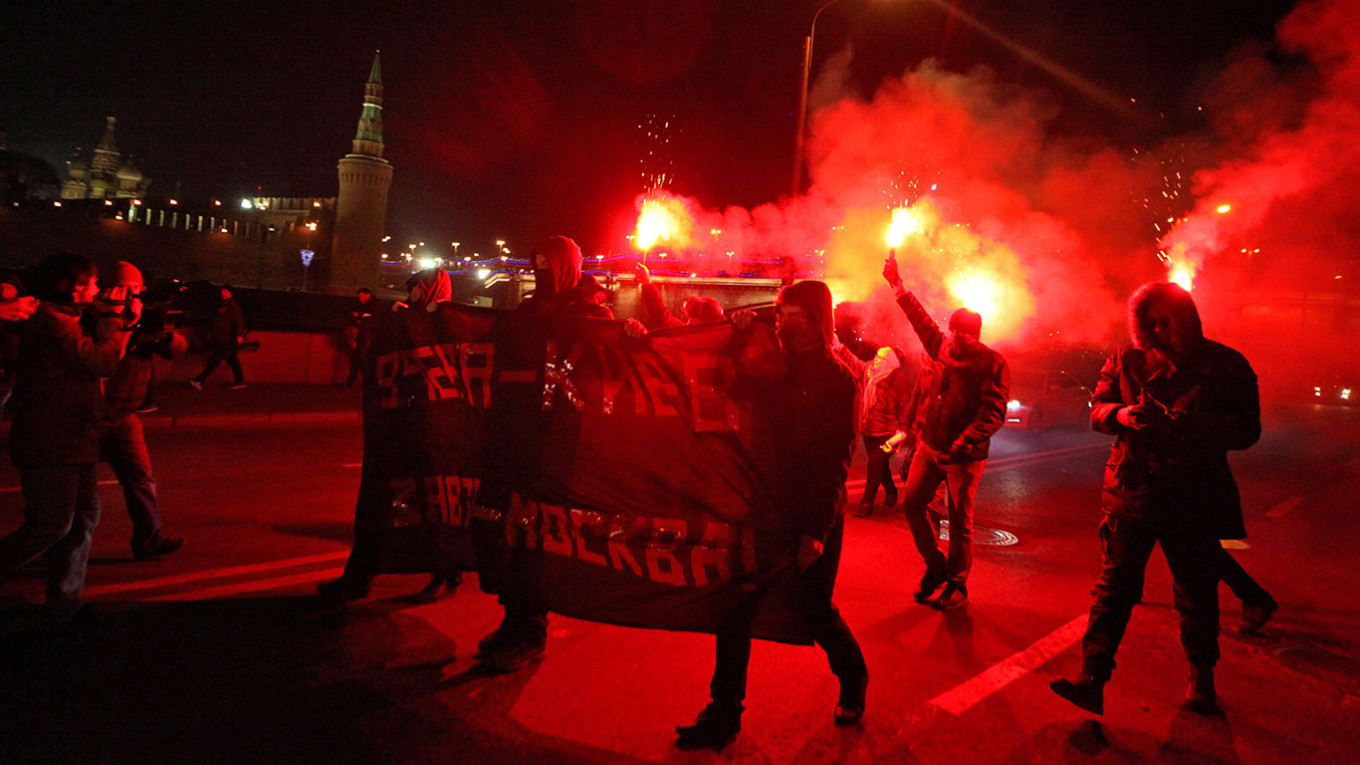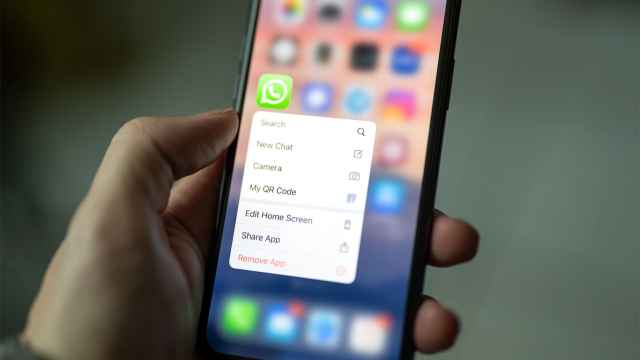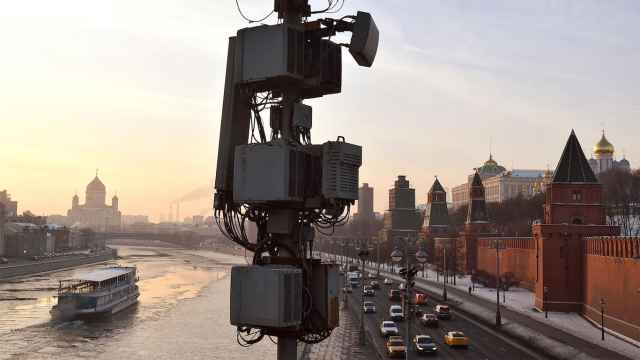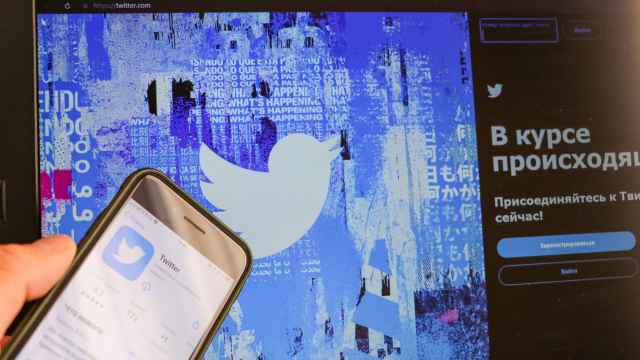Russia is developing special AI-powered software that will be able to detect and prevent mass unrest as soon as next year, the Kommersant business daily reported Tuesday, citing the Emergency Situations Ministry.
The futuristic technology uses machine learning to carry out a “multi-factor, comprehensive analysis of the likelihood of riots and unauthorized public events,” according to a draft methodology cited by Kommersant.
The software will also analyze news reports, social media and smart video surveillance and public transport data to foresee upcoming riots, evoking the 2002 Hollywood blockbuster “Minority Report.”
When it fails to prevent one, the predictor is expected to “help prevent escalation” of the unrest, including through directing the crowd’s movements.
The industrial conglomerate Rostec’s data subsidiary “Natsionalny Tsentr Informatizatsii” (“National Center of Informatization”) vowed to roll out the AI riot predictor in 2022 as part of the Emergency Situations Ministry’s “Safe City” project.
According to Kommersant, the system will also be able to tell the difference between political and religious rallies, as well as anti-police protests.
The announcement follows what critics call a far-reaching Kremlin crackdown on dissent that started after the jailing of opposition leader Alexei Navalny sparked nationwide protests this January.
At least one-third of Navalny’s regional coordinators have fled Russia — and his close aides resettled in the Baltics and the ex-Soviet republic of Georgia — since authorities banned his political and activist networks this summer.
At least one ex-coordinator faces up to nine years in prison on retroactive charges of creating an “extremist” organization.
Protests in Russia have become increasingly restricted in the decade since the anti-Kremlin rallies of winter 2011-2012. Today, any rally larger than one person must obtain prior authorization from the authorities, but many opposition-leaning rallies are denied this.
A Message from The Moscow Times:
Dear readers,
We are facing unprecedented challenges. Russia's Prosecutor General's Office has designated The Moscow Times as an "undesirable" organization, criminalizing our work and putting our staff at risk of prosecution. This follows our earlier unjust labeling as a "foreign agent."
These actions are direct attempts to silence independent journalism in Russia. The authorities claim our work "discredits the decisions of the Russian leadership." We see things differently: we strive to provide accurate, unbiased reporting on Russia.
We, the journalists of The Moscow Times, refuse to be silenced. But to continue our work, we need your help.
Your support, no matter how small, makes a world of difference. If you can, please support us monthly starting from just $2. It's quick to set up, and every contribution makes a significant impact.
By supporting The Moscow Times, you're defending open, independent journalism in the face of repression. Thank you for standing with us.
Remind me later.






